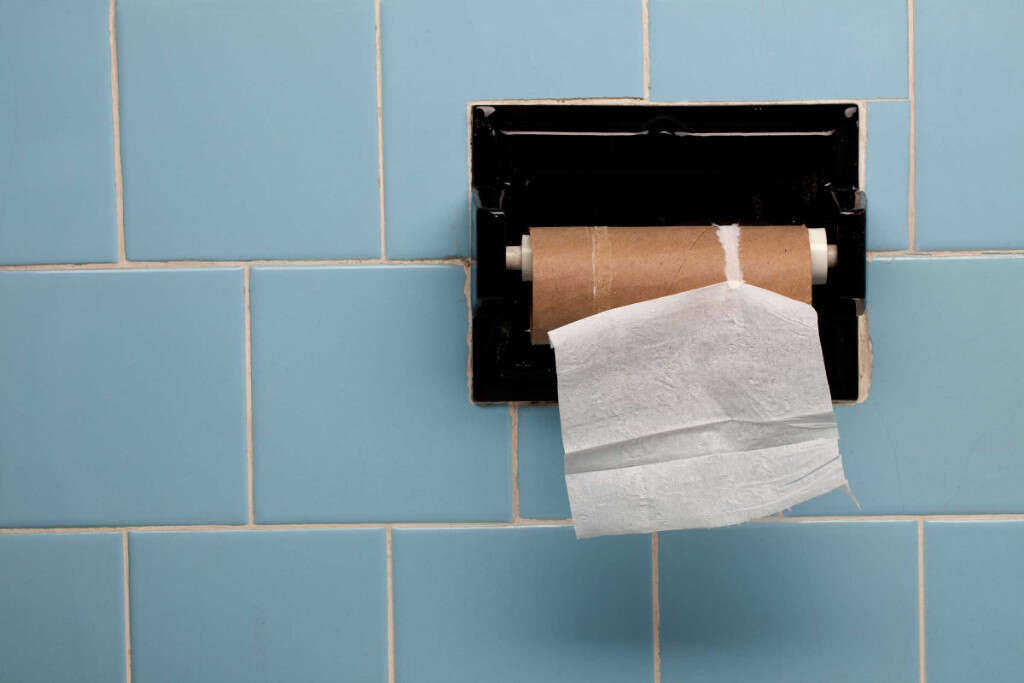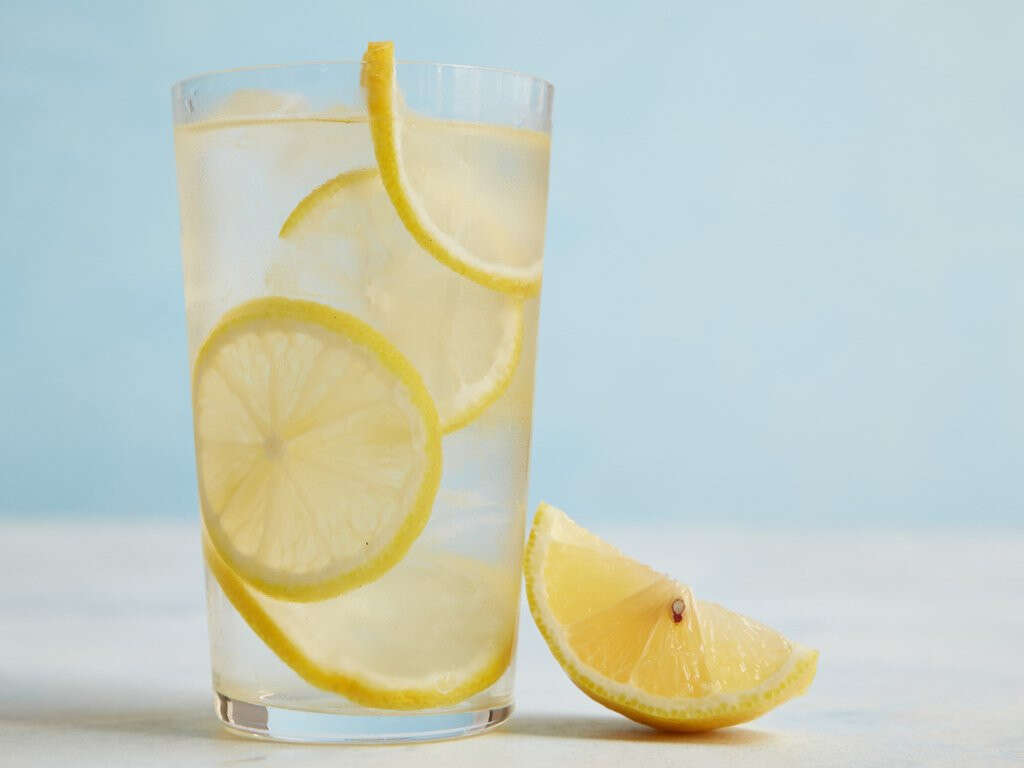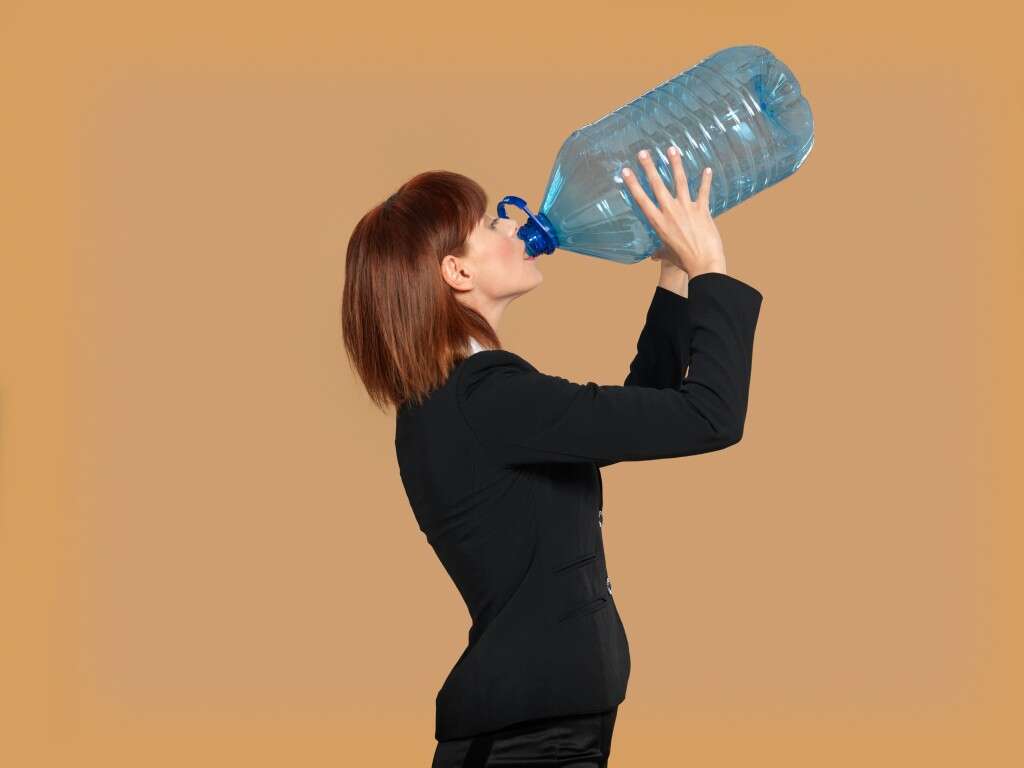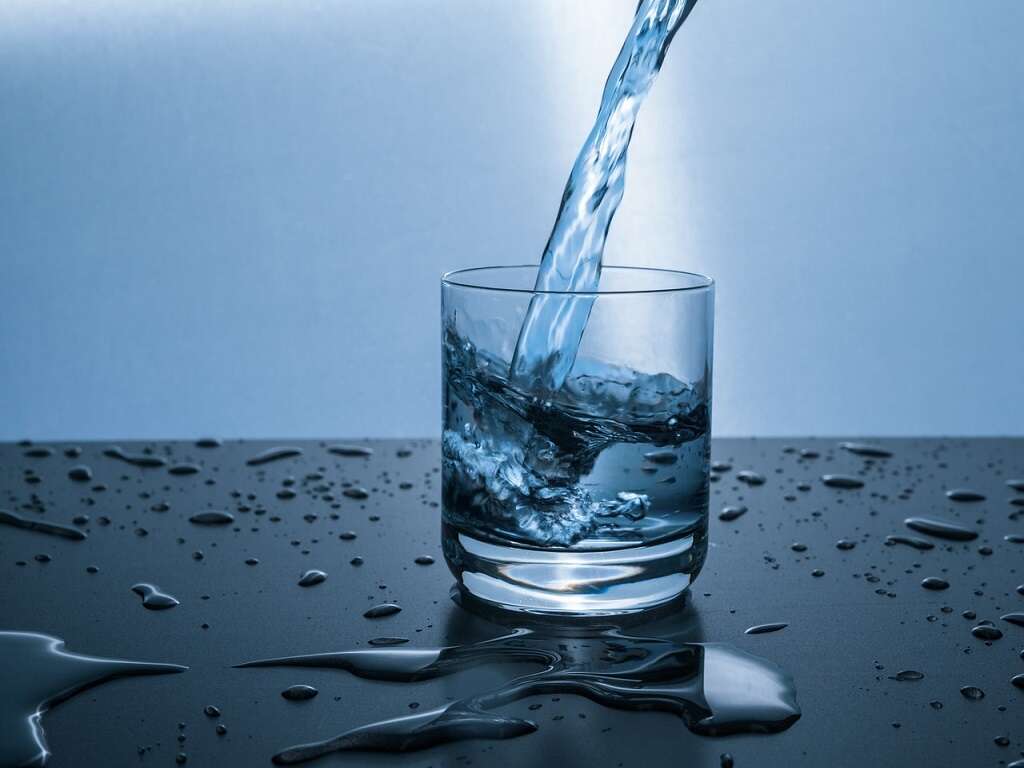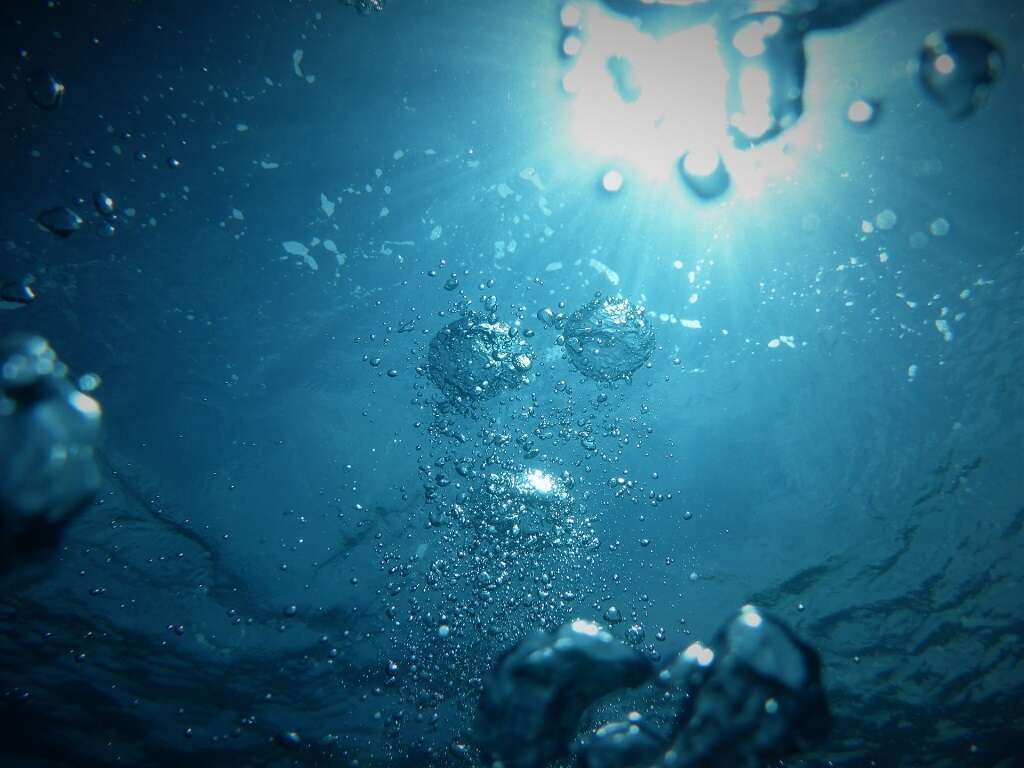10 Benefits of Drinking Water
Staying hydrated with plenty of fluids throughout the day is important, especially during the warmer months. However, sometimes it can be a struggle to drink enough water or to stay away from sugary drinks.
Water is generally the best way to hydrate. The human body is approximately 70 percent water. Every cell and organ require water to function properly. Throughout the day, water is naturally removed by the body through sweat, urine, breathing and other ways. Therefore, daily water intake is needed to replace what is lost.

Drinking Water Benefit #1: Healthy Kidney Function
For kidney function, overhydration is better than dehydration because a healthy kidney can manage excess fluid more efficiently than a fluid deficit. Thus, thanks to the kidney’s dilution capability, drinking slightly more fluid than necessary is not harmful and, in healthy individuals, will not alter total body water content significantly.
Additionally, water has the potential to dissolve kidney stones. Drinking approximately 8-10 glasses of water daily can avoid kidney stone development by diluting the excess chemicals, minerals, and salts that contribute to stones formation.
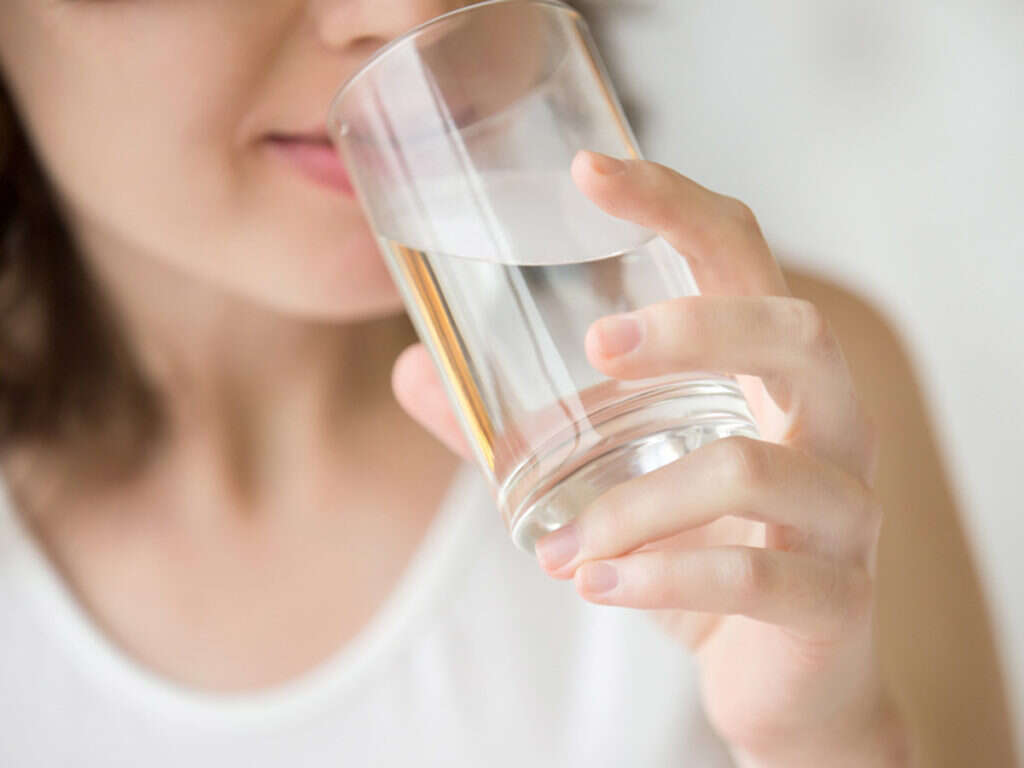
Drinking Water Benefit #2: Prevent Cramping
A cramp is a sudden involuntary muscle contraction that is often severely painful. Though generally harmless, muscle cramps can make it temporarily impossible to use the affected muscle. Long periods of exercise or physical labor, particularly in hot weather, can lead to muscle cramps.
Fortunately, drinking plenty of water and avoiding dehydration is a quick and easy way to prevent cramping. Fluids help your muscles contract and relax. Fluids also keep muscle cells hydrated to avoid cramping up.

Drinking Water Benefit #3: Maintain Body Temperature
Considering that your body is composed of mainly water, water is an important component in maintaining regular bodily functions, such as a stable body temperature. Drinking adequate water helps provide enough fluids for constant perspiration in summer months to help alleviate the increased body temperature.
Water cools down the body when it is hot, through sweat, and warms the body through effective blood circulation when it is cold.

Drinking Water Benefit #4: Required for Digestion
Digestion is one of many reactions in which water is involved. Through hydrolysis reactions, water participates in the metabolism of proteins, lipids and carbohydrates. Additionally, overhydration is not a concern in terms of diluting the digestive juices or interfering with digestion.
In fact, drinking water during or after a meal aids in digestion. Water is essential for good health. Water and other liquids help break down food so that your body can absorb the nutrients better
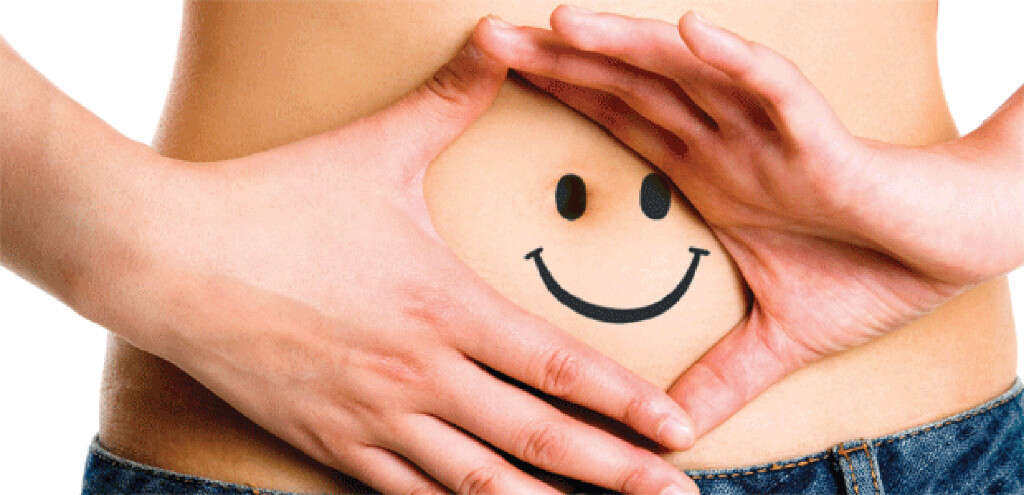
Drinking Water Benefit #5: Bloating Remedy
If you feel bloated due to fluid retention, one of the best remedies is to drink water. It may sound counterintuitive, but the more hydrated you are, the less bloating you are going to deal with. When your body is dehydrated, it starts to retain water causing the stomach to expand and swell.
As sodium is removed from the body in urine, the sodium-related bloating is reduced. Maintaining adequate hydration can also prevent future bloating.

Drinking Water Benefit #6: Stress Relief
Stress is a normal part of life. It is a physical reaction to the environment around us, as well as our own thoughts. Stress causes your body to release a series of hormones – cortisol, adrenaline, etc. – to address the situation at hand.
Stress can be positive by keeping us alert, motivated, and ready to avoid danger. However, stress becomes negative when a person continues to face stress without relief or relaxation between stressors. Dehydration can also cause the negative release of stress hormones. This is where water comes in. When you drink water, your body begins to normalize hormone levels and relieve stress.

Drinking Water Benefit #7: Improved Blood Circulation
Blood circulation transfers oxygen, minerals, and nutrients to every part of the body. In addition, maintaining proper circulation promotes organ function and cell growth. Common symptoms of poor blood flow throughout the body are an irregular heartbeat, muscle cramps, headaches, edema, dry skin, hair loss, dizziness, and fatigue.
Blood is made up of blood cells, platelets, and plasma with the majority of plasma being water. Therefore, proper blood circulation requires adequate water intake.
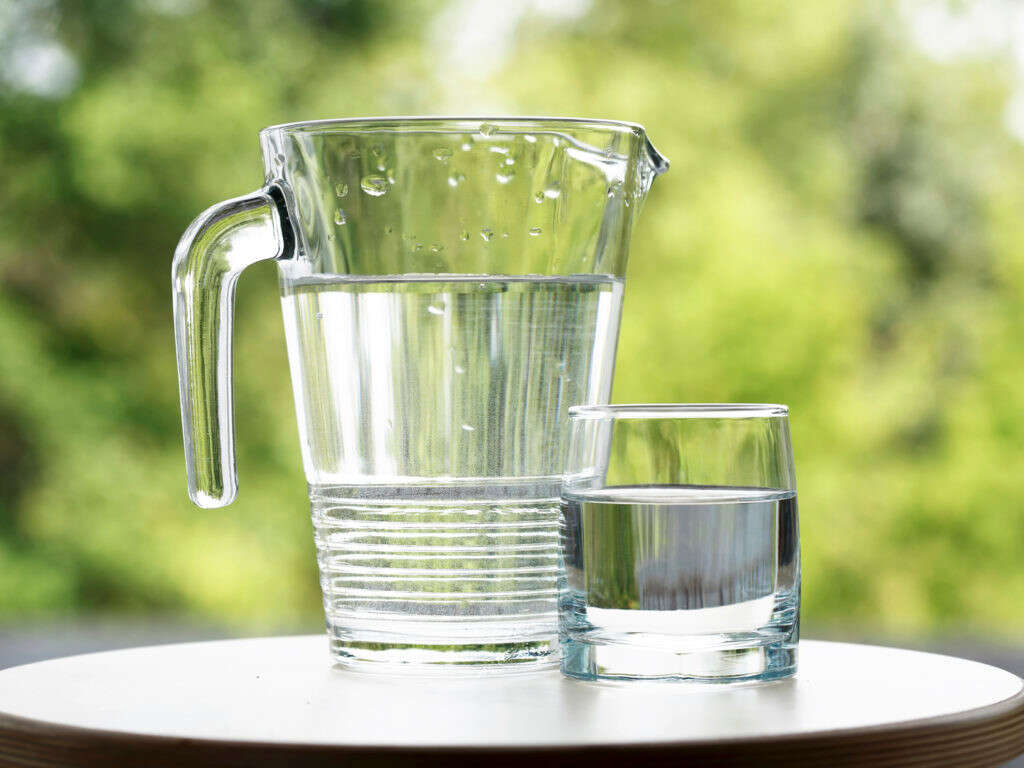
Drinking Water Benefit #8: Bone Health
Minerals aid in osteoporosis prevention by improving the bone structure and mineral density. In addition to minerals, bone remodeling requires water. The stress caused by dehydration accelerates bone loss.
This can lead to low bone density, osteoporosis, and even broken bones. Therefore, to build healthy bones, you must stay hydrated with plenty of water.
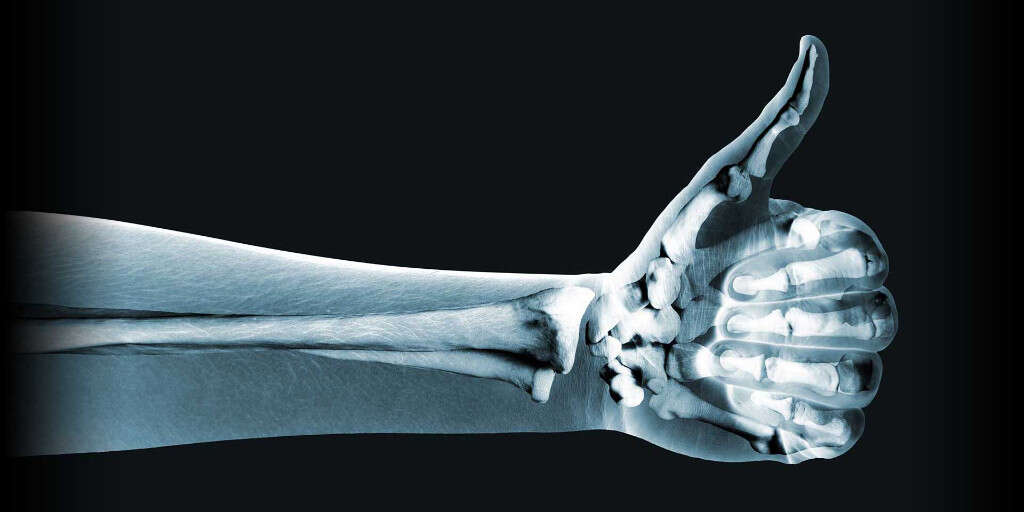
Drinking Water Benefit #9: Skin Health
Drinking water is great for your skin. Water is essential for maintaining optimum skin moisture and delivering essential nutrients to the skin cells. It replenishes the skin tissue and increases its elasticity. This helps delay the appearance of aging by preventing wrinkles and fine lines.
Drinking enough water also combats skin disorders like psoriasis and eczema. Plus, staying hydrated with plenty of water helps flush out the toxins from your skin and body. This in turn gives you healthy and glowing skin.

Drinking Water Benefit #10: Adequate Bowel Movements
Working with the kidneys, water removes toxins and excessive nutrients out of the body as urinary waste. Water also softens stool, which helps prevent constipation. Dehydration is one of the most common causes of chronic constipation. After digestion, the food waste makes its way to the large intestine, or colon.
If you are not hydrated, the large intestine pulls water from your food waste for the rest of your body to use. This results in hard stools that are difficult to pass.
